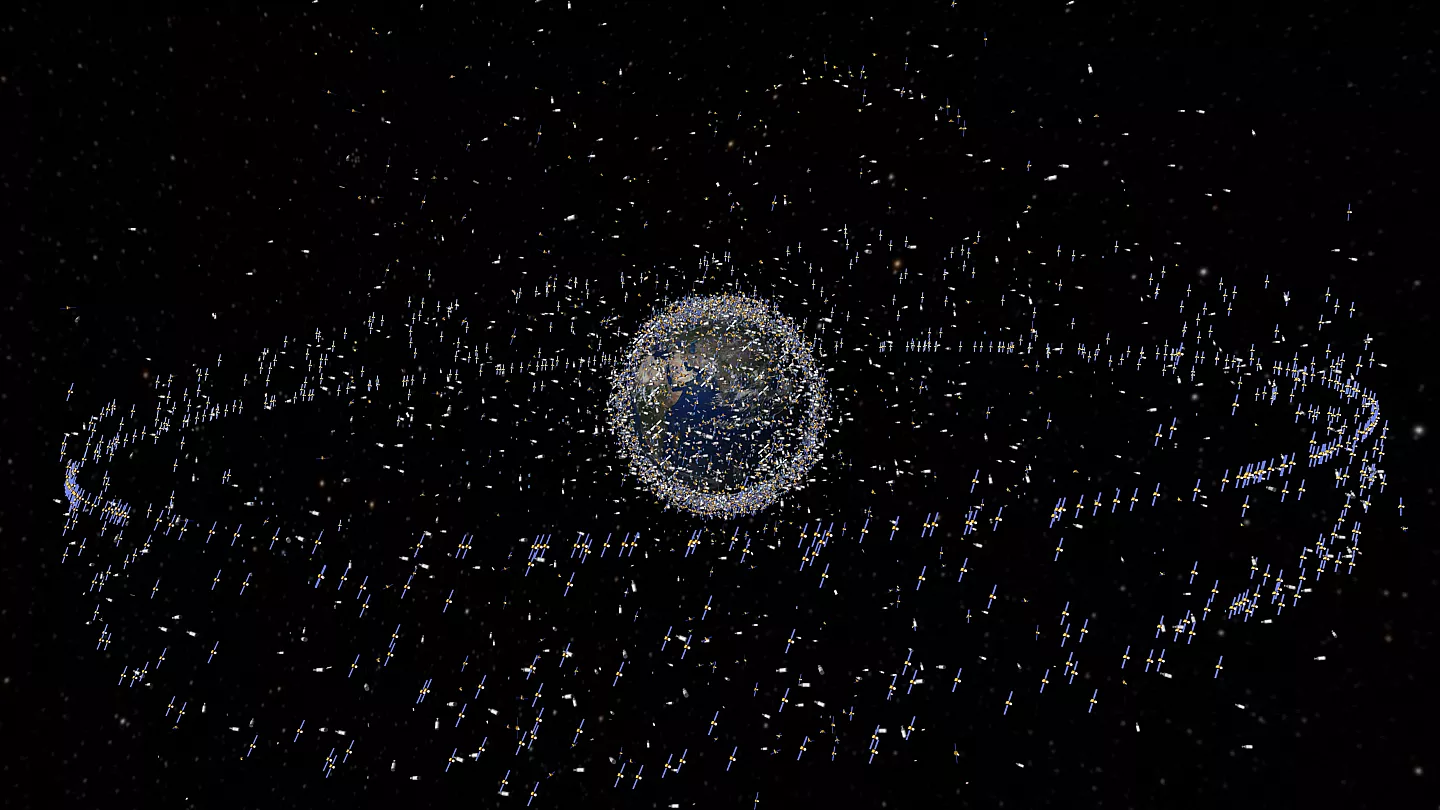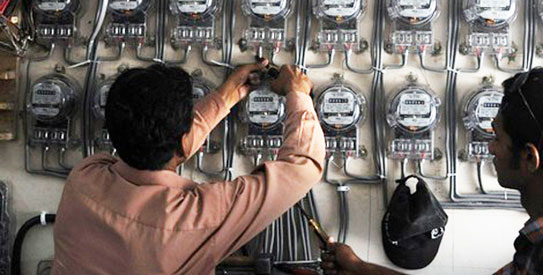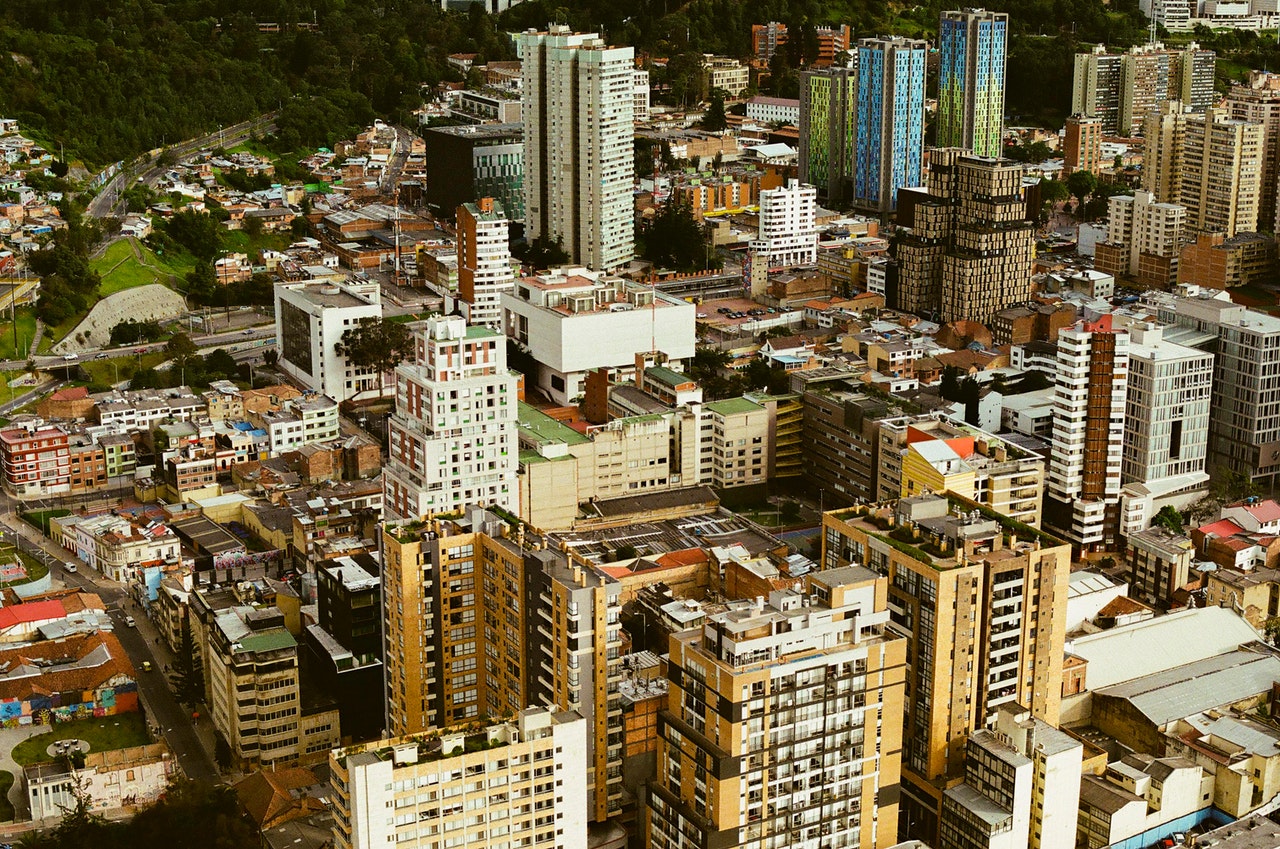The United States government has imposed its inaugural fine on a company for leaving space debris in Earth’s orbit. Dish Network has been fined $150,000 (£125,000) by the Federal Communications Commission (FCC) for its failure to relocate an old satellite a sufficient distance away from other active satellites.
The company admitted responsibility for its EchoStar-7 satellite and has entered into a “compliance plan” in cooperation with the FCC. Space debris, also known as space junk, comprises defunct technology objects orbiting the Earth that pose collision risks. This category includes outdated satellites and spacecraft components.

The FCC determined that Dish’s satellite posed a potential hazard to other Earth-orbiting satellites at its existing altitude. Dish’s EchoStar-7, initially launched in 2002, resided in geostationary orbit, which begins at 22,000 miles (36,000km) above the Earth’s surface.
Dish was obligated to reposition the satellite 186 miles farther from Earth, but by the end of its operational life in 2022, it had moved only 76 miles due to fuel depletion.
FCC enforcement bureau chief Loyaan Egal commented, “As satellite operations become more prevalent and the space economy accelerates, we must be certain that operators comply with their commitments.”
“This is a breakthrough settlement, making very clear the FCC has strong enforcement authority and capability to enforce its vitally important space debris rules.”
The $150,000 fine represents a small fraction of Dish’s total revenue, which stood at $16.7 billion in 2022. Nonetheless, it may have repercussions for other satellite operators, as noted by Dr. Megan Argo, a senior lecturer in astrophysics at the University of Central Lancashire.
“The fact that they’ve actually used their regulatory powers for the first time is certainly likely to at least make the rest of the industry sit up and pay attention,” Dr. Argo stated.
“The fact that they have used it once means that they are likely to use it again.”
“The more things we have in orbit, the more risk there is of collisions, causing high-speed debris. [This could] go on and potentially hit other satellites, causing yet more debris and potentially cause a cascade reaction,” she added.
It is estimated that more than 10,000 satellites have been launched into space since the first one in 1957, with over half of them now inactive.
According to NASA, there are more than 25,000 pieces of space debris measuring over 10 cm long. In July, NASA chief Bill Nelson emphasized that space junk poses a “major problem,” necessitating the International Space Station’s repositioning to avoid passing debris.
“Even a paint chip… coming in the wrong direction at orbital speed, which is 17,500 miles an hour [could] hit an astronaut doing a spacewalk. That can be fatal,” he stated.






